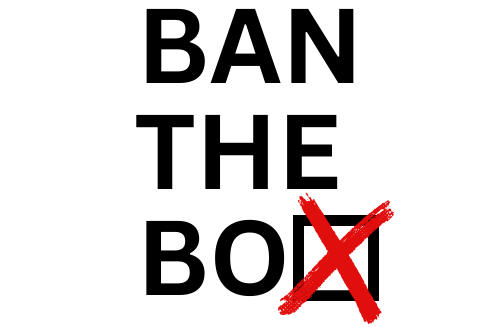In 2025, the landscape of fair chance hiring continues to evolve as more states and cities expand their Ban the Box laws. These regulations, designed to give individuals with criminal records a fair shot at employment, are now influencing how and when employers conduct background checks as well as how screening providers support compliance.
Ban the Box Laws 2025 & 2026
Several jurisdictions have introduced or updated Ban the Box laws this year, signaling a broader push toward equitable hiring practices:
- Texas has joined the ranks of states with a statewide Ban the Box law. Effective September 1, 2025, employers with 15 or more employees must remove criminal history questions from initial job applications. Inquiries can only be made after a candidate is deemed “otherwise qualified,” typically after an interview or conditional offer.
- Philadelphia has amended its Fair Chance Ordinance, effective January 6, 2026, reducing the lookback period for misdemeanors from seven years to four. The changes also extend protections to gig workers and current employees, not just job applicants.
- Washington State passed legislation expanding its Fair Chance Act to cover existing employees, effective July 1, 2026. Employers must now follow the same conditional offer and individualized assessment process for internal promotions and role changes.
Why This Matters for Employers and Background Screening
These updates aren’t just policy tweaks, they represent a shift in how criminal history is treated in the hiring process. For employers and background screening companies, the implications are significant:
- Timing is Everything: Background checks must be conducted only after a conditional offer in many jurisdictions. Running checks too early can violate state law and lead to legal exposure.
- Individualized Assessments Are Mandatory: Employers must evaluate criminal records in context. Considering the nature of the offense, its relevance to the job, and the time elapsed before making adverse decisions.
- Multi-State Compliance Is Complex: With laws varying by state and city, employers operating across regions must stay vigilant. Screening providers play a critical role in helping clients navigate these differences.
- Record Filtering Is Essential: Screening reports must exclude sealed, expunged, or time-barred records. Failure to do so can result in FCRA violations and lawsuits.
Employer Guidance
To remain compliant and promote fair hiring practices, employers should regularly review their hiring policies. Application forms and job postings should be reviewed regularly to ensure they do not include premature inquiries about criminal history, which could violate Ban the Box laws.
Companies should also partner with an accredited background screener who stays current on legal changes and offer jurisdiction-specific filtering to avoid reporting restricted records. As always, GIS is here to help you stay compliant while hiring safely. Providing accurate, up-to-date screening solutions that align with evolving regulations and support fair hiring practices. If you have any questions about laws in your state, please contact us.

